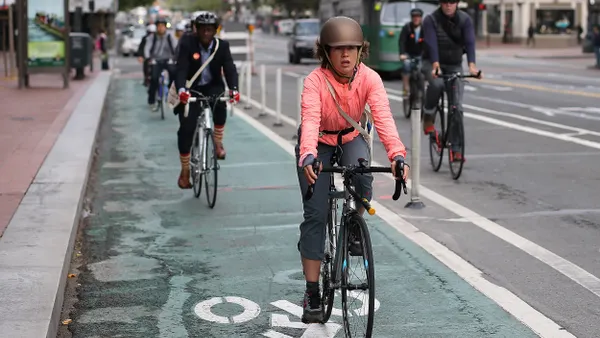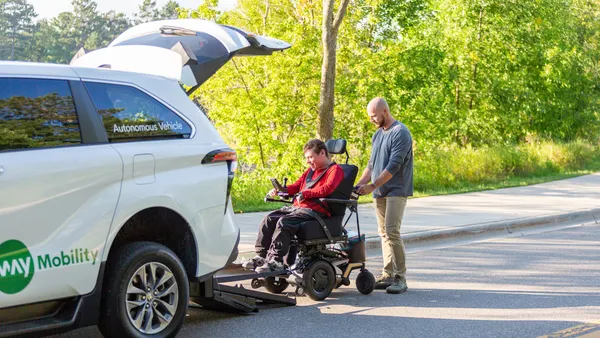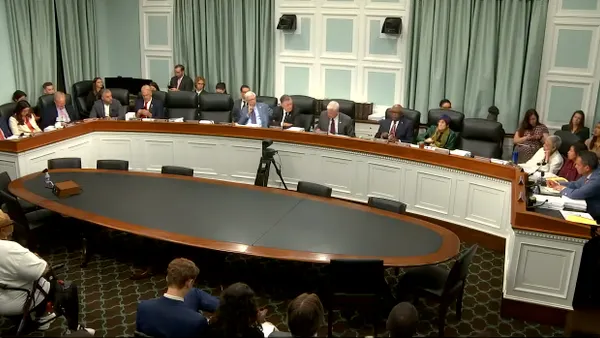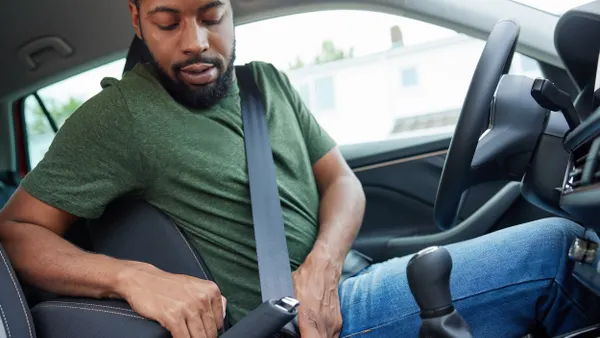Dive Brief:
- Three cities will be part of a collaborative pilot program to manage dockless scooters and other new forms of mobility by using a platform from mobility solutions company Passport.
- Charlotte, NC; Detroit; and Omaha, NE will use the platform to charge for curb space for all micromobility modes, in an effort to incentivize behavior. Collected data will also allow cities to analyze scooter supply, demand, distribution and use in addition to overseeing curbside pricing and payments.
- The cities will share best practices with each other with the goal of contributing to a new mobility regulatory model that can be scaled nationally.
Dive Insight:
Cities and their transportation agencies have spent the last few years working to keep up with the rapid rate of change in the mobility space. Dockless bikes, scooters and other micromobility options exploded onto the scene suddenly and public uptake has been quick.
But because the micromobility concept is so new, municipalities haven't all come on board yet, and regulatory frameworks do not exist yet in many markets. The devices fall into a gray area that thus far hasn't been covered in most cities, so in many instances it's unclear even where they should be allowed to operate. Cities including Orlando, FL and Washington, DC have seen the public response and have devised permanent regulations for dockless devices and their operation. But many of the cities where the devices are have appeared are still performing pilots and gathering information before committing to drawing up regulations.
Occurring concurrently with the mobility revolution is cities' increasing desire to gather and analyze data to improve services and municipal operations. Last year Los Angeles combined the two and released the Mobility Data Specification, a data and API standard scalable to other cities that allows municipalities to analyze real-time data from mobility-as-a-service (MaaS) companies. The new collaborative pilot involving Charlotte, Detroit and Omaha has the potential to be another tool that helps cities with micromobility, as well as the growing goal to better manage curb space.










